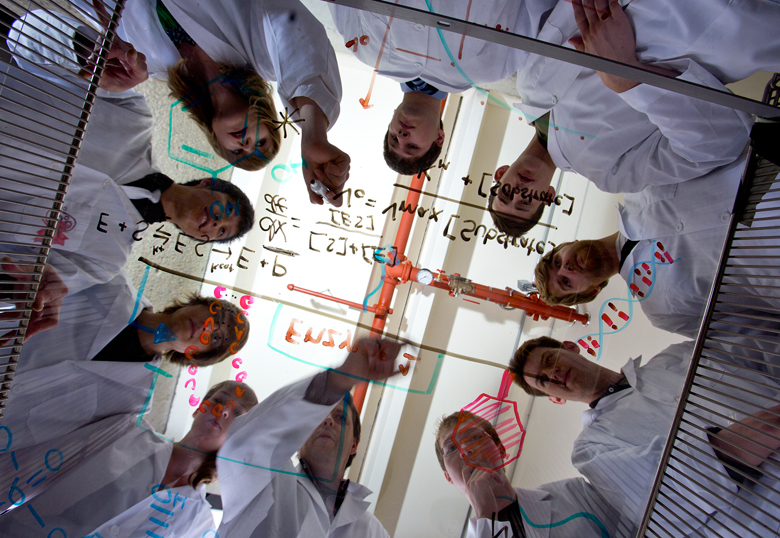The Honourable Michelle Rempel, Minister of State for Western Economic Diversification, has announced an investment of $1.1 million for the University of Lethbridge in support of the establishment of the first synthetic biology maker space (Synbridge) in Alberta.
“Our government recognizes the important role that innovation plays in creating jobs and economic growth,” says Rempel. “By investing in specialized equipment that will allow research findings to move more rapidly from lab to market, we are increasing Western Canada’s competitive advantage and helping to grow Canadian companies.”

The Synbridge maker space initiative will enhance research capabilities, boost services available for industry partners, increase training capacity for Highly Qualified Personnel, and enable students to explore commercial applications of their research ideas.
Federal funding of $1.1 million, through the Western Diversification Program (WDP), will go towards the purchase of state of the art equipment to support the on campus maker space. This space will enable students at the University to move their research ideas to the proof of principle stage, while also providing western Canadian businesses in the life sciences sectors with enhanced access to the services and expertise they need to commercialize their technologies.
“Through the mentorship and leadership provided by our outstanding faculty, our students have shown they are among the best in the world, as evidenced by their excellent performances at international global synthetic biology competitions,” says Dr. Andy Hakin, the University’s provost and vice-president (academic). “This investment will be transformational for our students, and for the broader southern Alberta community. This new equipment will help students bring to life their ideas and provide opportunities to commercialize their initiatives.”
This project builds on the strength of the University of Lethbridge in synthetic biology – a science that applies engineering principles to biological systems and that explores the design and development of new biological devices and systems. The potential of this emerging science has been widely recognized to create transformational enhancements in areas such as health care, agriculture, bio-fuels/energy, manufacturing, clean water and bio-remediation.
